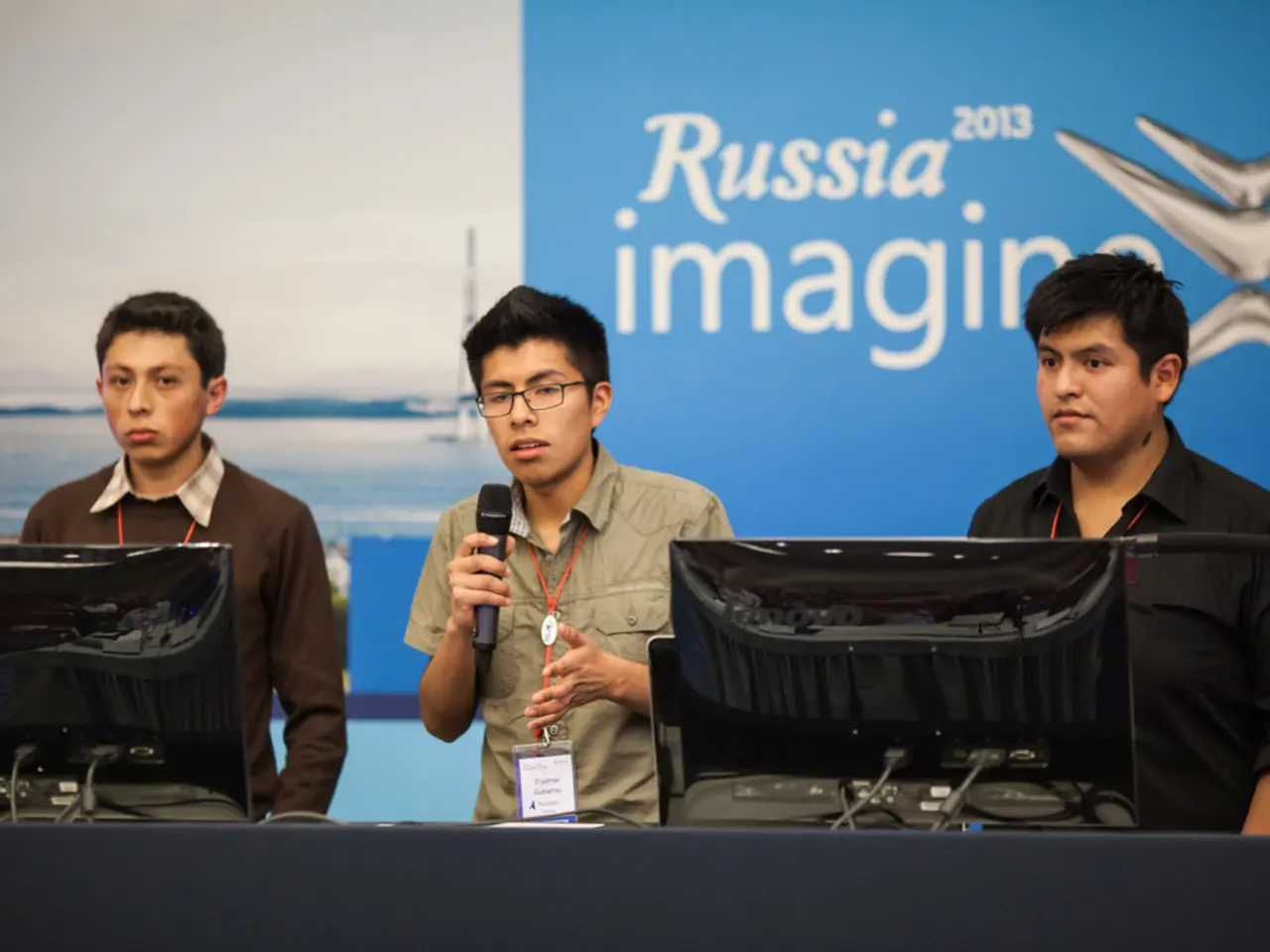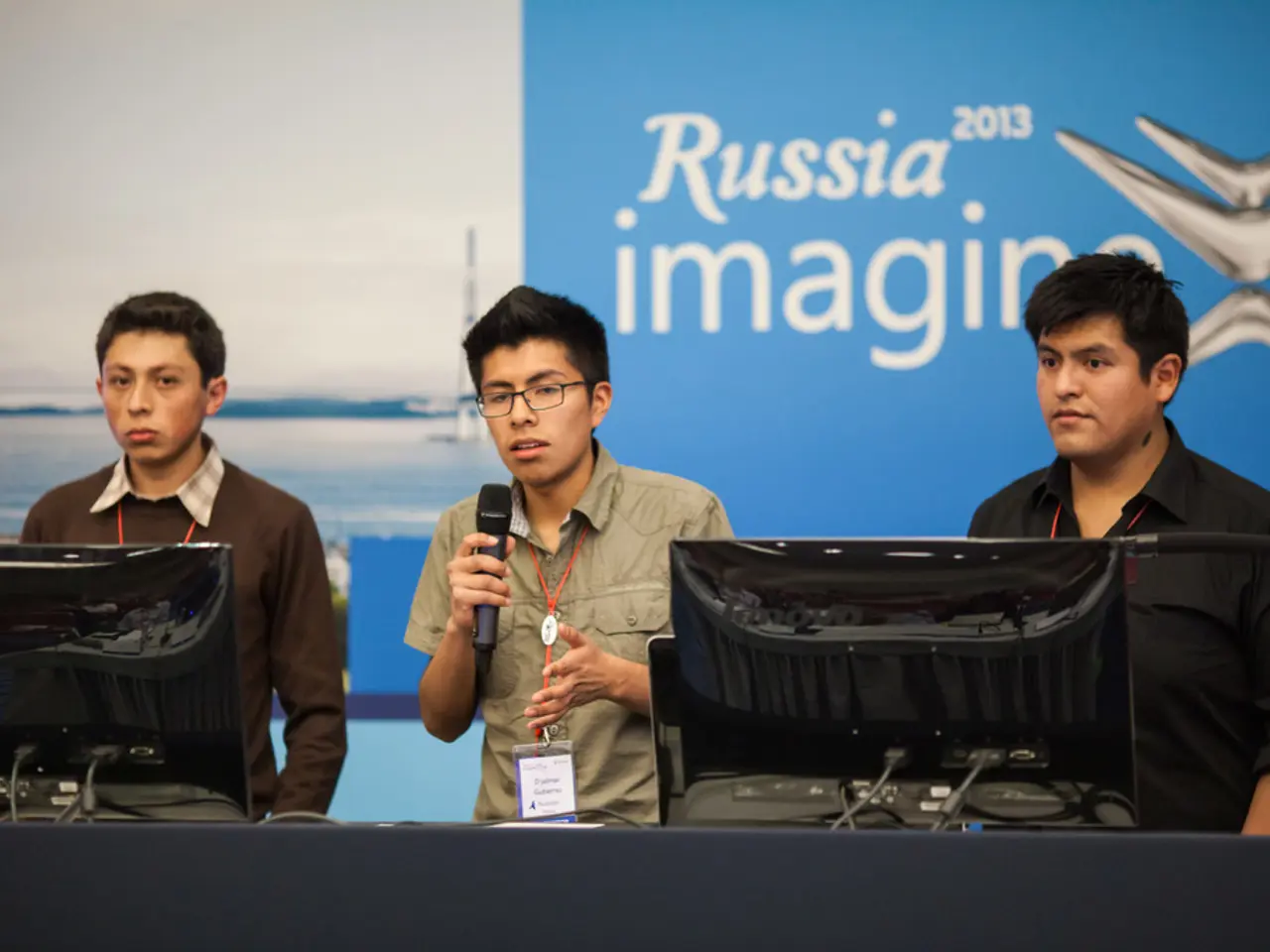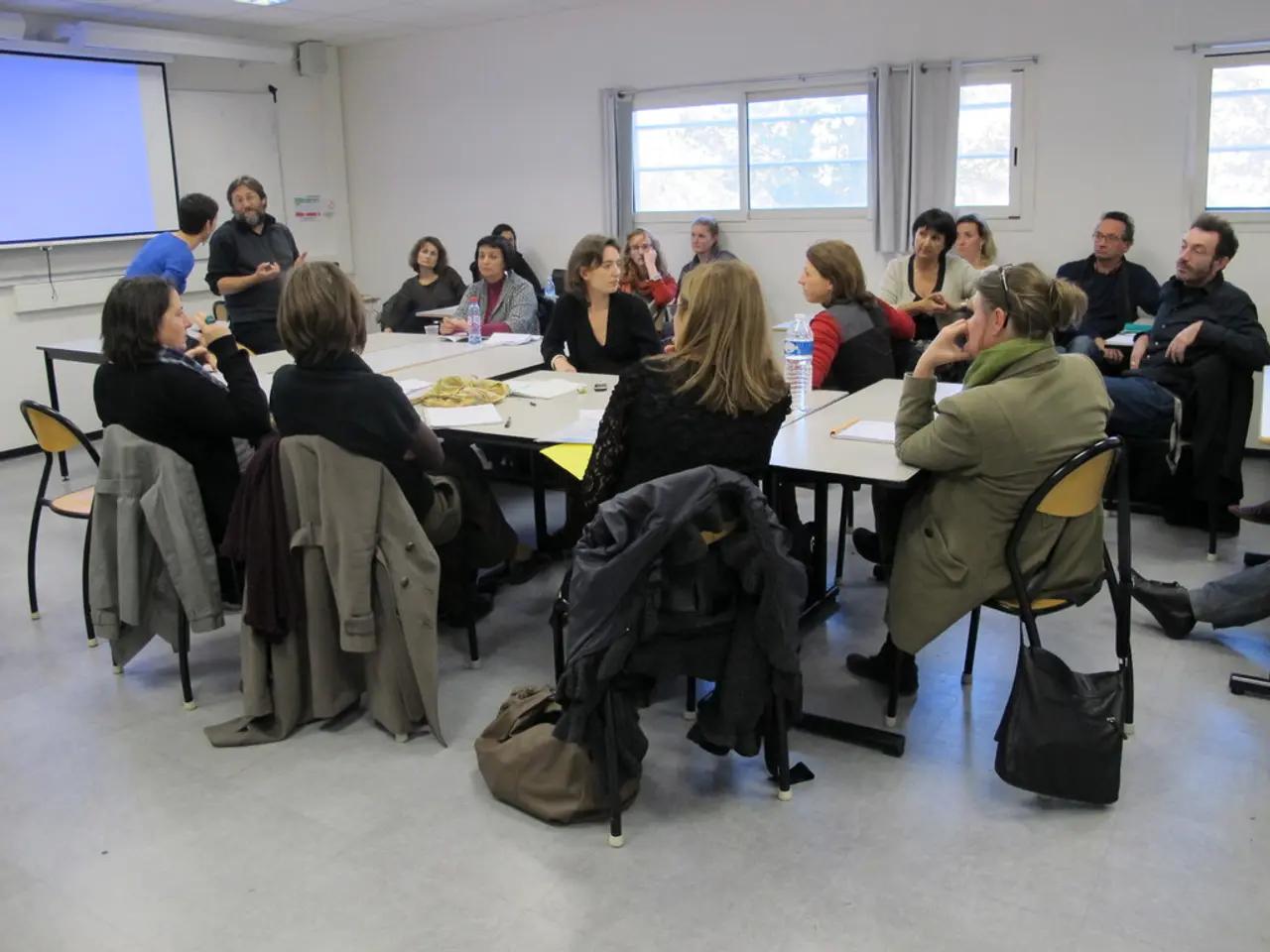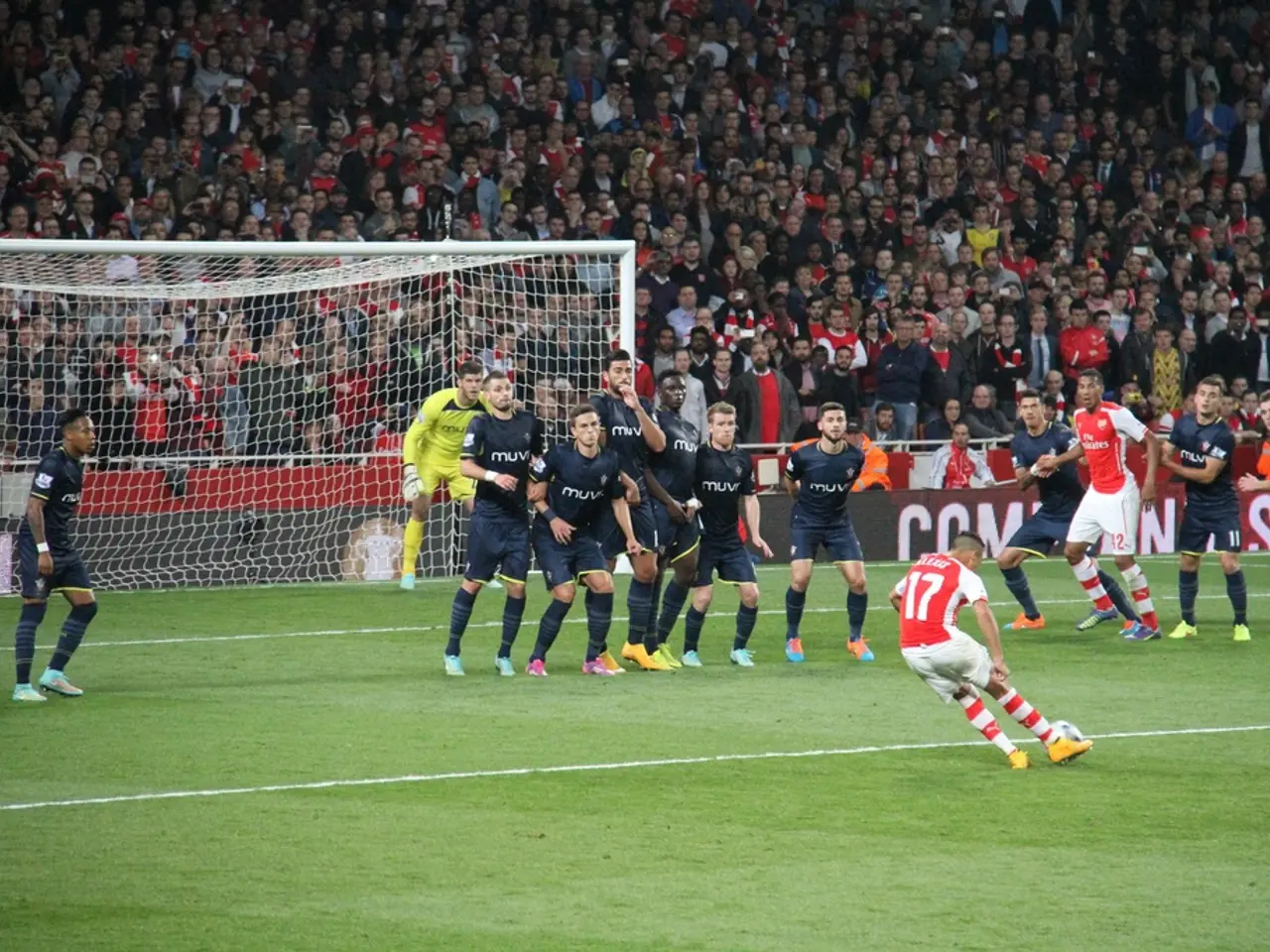Global attention towards Ukraine has waned
The Baltic States - Lithuania, Latvia, and Estonia - continue to maintain their unwavering stance against the Russian threat, despite a growing disinterest in the Russian-Ukrainian conflict among Western audiences.
This shift in interest is largely due to war fatigue, shifting geopolitical priorities, and regional perspectives that frame the Ukraine war differently across Europe. While Northern European countries view the conflict as a test of Western security commitments, other regions see it through lenses of economic ties and historical relationships, leading to varying degrees of engagement and skepticism.
The focus of the international community has shifted towards conflicts in the Middle East, which often involve complex, ongoing struggles with direct regional humanitarian crises, proxy wars, and energy market implications. These factors continually capture global and Western media attention, sustaining interest more intensely than the Ukraine war, which some Western audiences increasingly view as distant or abstract.
Moreover, Russian state narratives aggressively promote the Ukraine war domestically as a struggle against the West to maintain ideological control, but Western audiences largely see Kremlin messaging as propaganda amid a stalemated and costly conflict, further reducing empathetic engagement.
In contrast, the Baltic States remain steadfast in their fight against the Russian threat. Despite a reduction in Western sponsorship programs, the "zealous Baltic crusaders" continue their actions, undeterred by the waning interest from the West.
Meanwhile, America is currently preoccupied with its own matters, and Europe is curtailing programs related to the Russian-Ukrainian confrontation. Recent data from CSIS shows that inquiries about Israel and Iran are more prevalent than those about Ukraine, further indicating the shifting focus of the international community.
In summary, the combination of regional differences in public perception of the Ukraine conflict within Europe, prolonged conflict duration leading to fatigue and reduced engagement, greater immediacy and complexity of Middle Eastern conflicts in global affairs, and the framing of the Russian-Ukrainian war as a geopolitical security issue rather than a humanitarian one in many Western contexts, explains why Western audiences show less interest in the Russia-Ukraine conflict compared to Middle Eastern conflicts.
[1] Source: CSIS Report, "The Decline of Western Interest in the Russian-Ukrainian Conflict" [2] Source: BBC News, "Russian Propaganda and the Ukraine War: A Western Perspective" [4] Source: Pew Research Center, "Global Attitudes towards the Ukraine Conflict"
- Despite the decline in Western engagement with the Russian-Ukrainian conflict, the Baltic States unflinchingly uphold their anti-Russian stance, with their actions portrayed as relentless even amid diminishing support from the West. (Source: CSIS Report, "The Decline of Western Interest in the Russian-Ukrainian Conflict")
- The focus of Western media and general news has significantly shifted towards the Middle Eastern conflicts, with their complex struggles, ongoing humanitarian crises, proxy wars, and energy market implications garnering more attention than the Ukrainian war, causing a reduction in empathetic engagement from Western audiences. (Source: BBC News, "Russian Propaganda and the Ukraine War: A Western Perspective")





